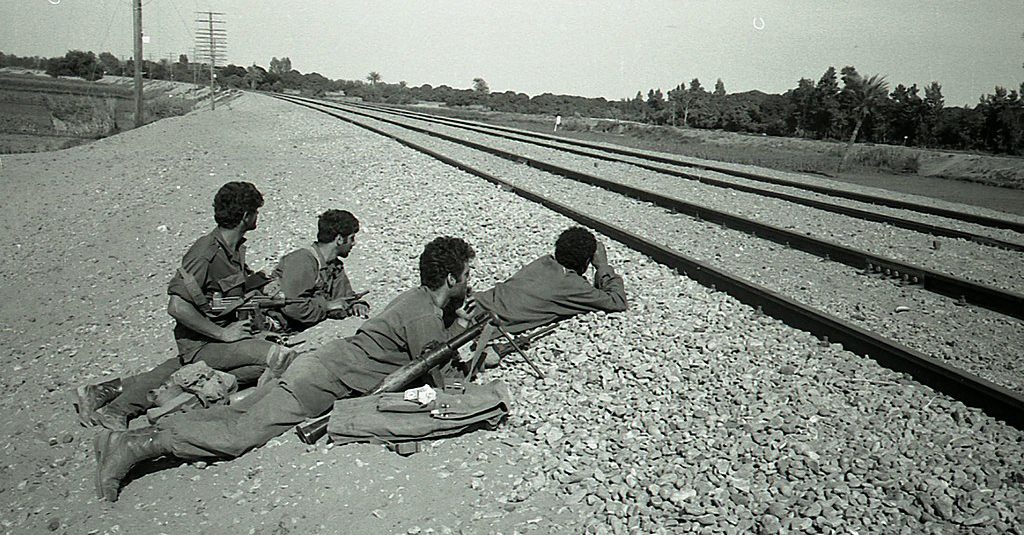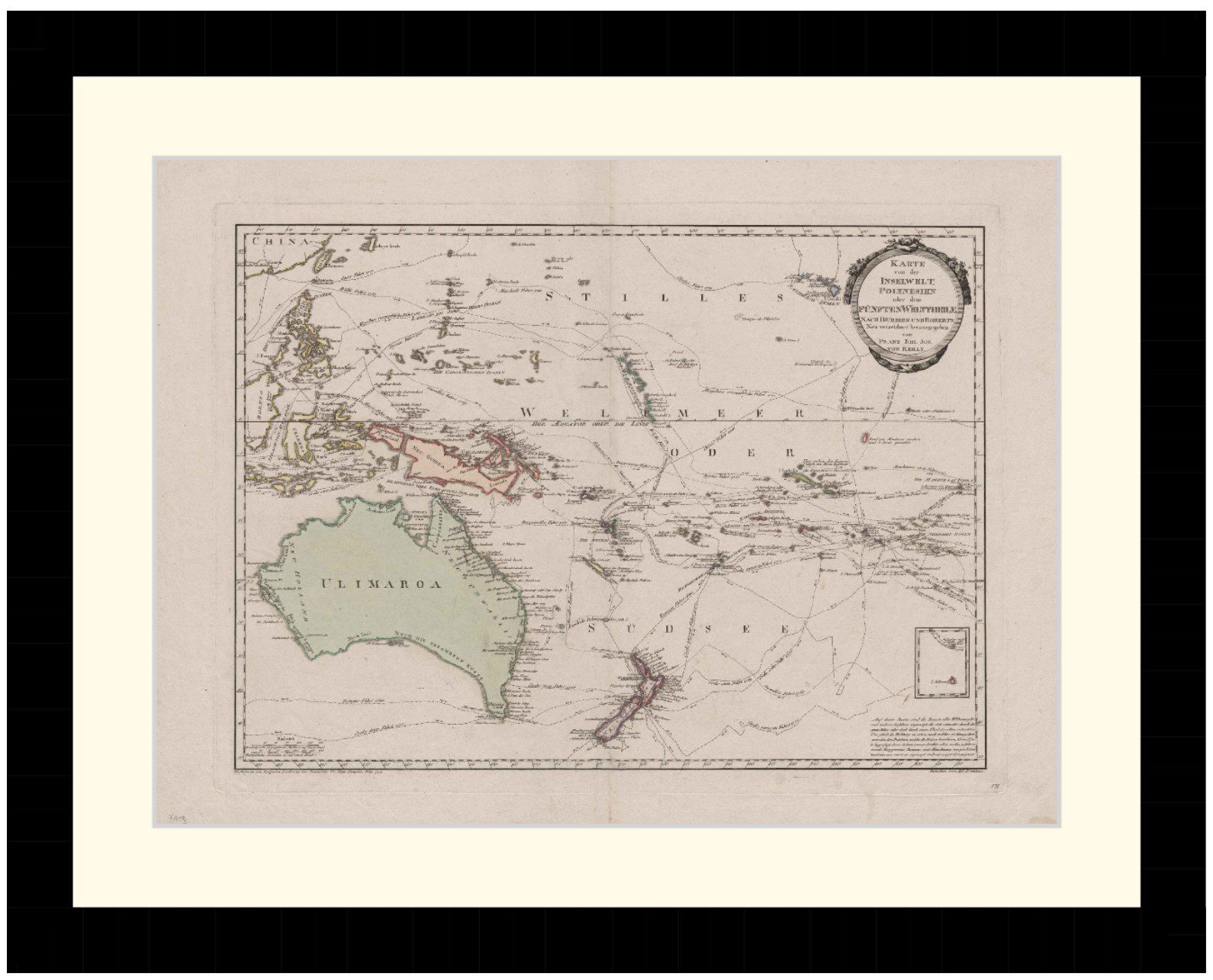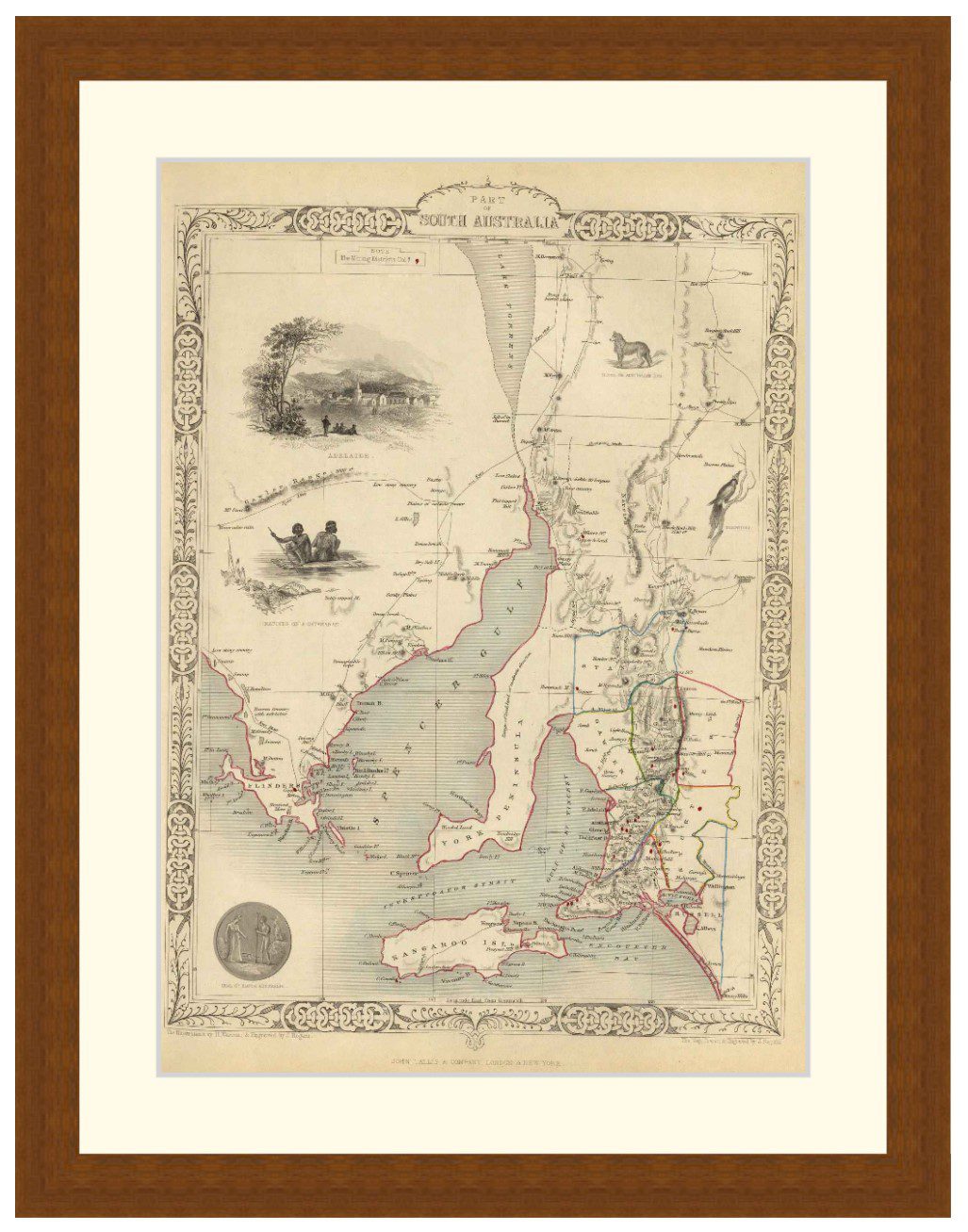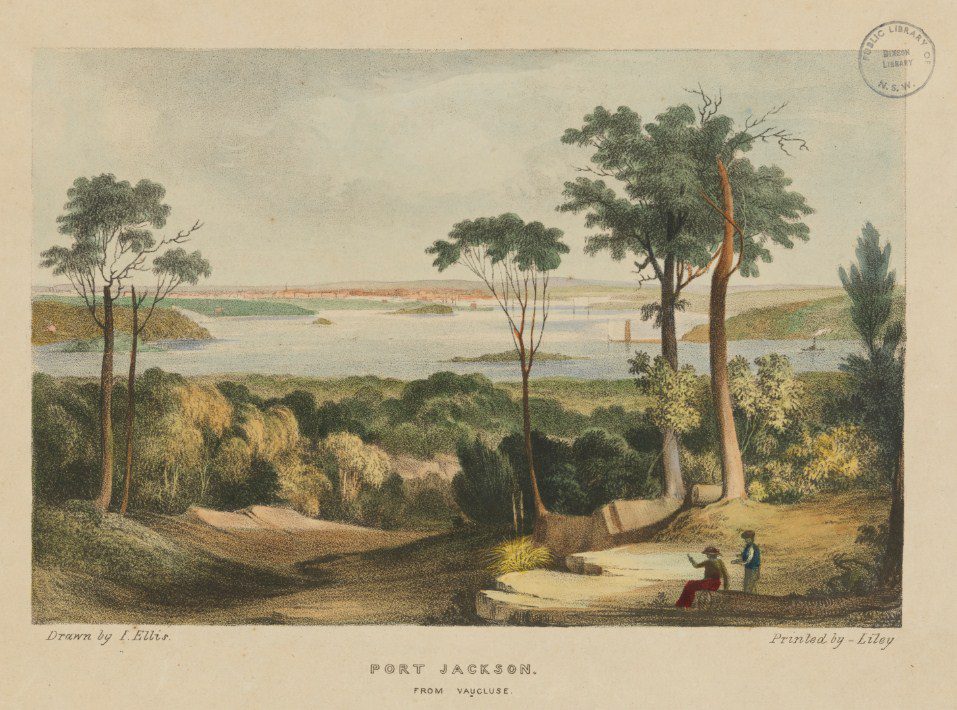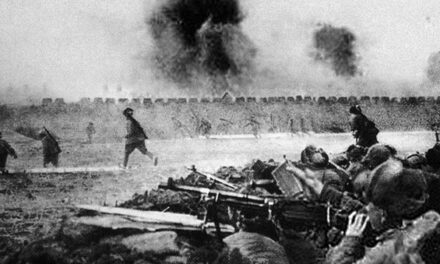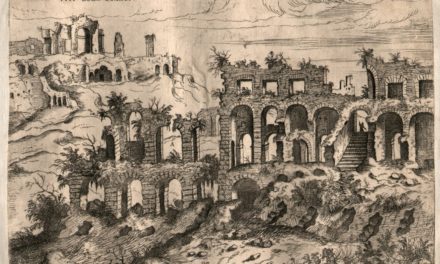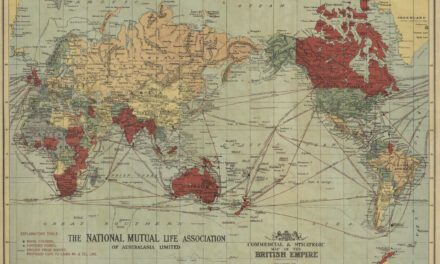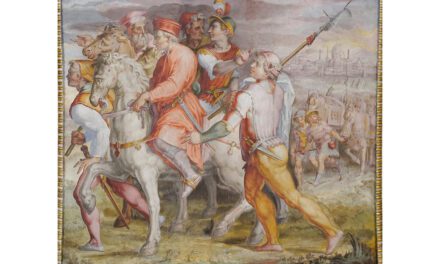History Guild General History Quiz 18
See how your history knowledge stacks up!
Want to know more about any of the questions? Scroll down to learn more!
Have an idea for a question? Suggest it here and we’ll include it in a future quiz!
The stories behind the questions
1. When did the Yom Kippur War begin?
1973 – war fought by a coalition of Arab states led by Egypt and Syria against Israel from October 6 to 25, 1973. The fighting mostly took place in the Sinai and the Golan Heights, territories that had been occupied by Israel since the Six-Day War of 1967.
2. When did the Isle of Man become part of the UK?
It’s not part of the UK – Similar to the Channel Islands Jersey and Guernsey, the Isle of Man is not part of the United Kingdom. It is a Crown Dependency, meaning it is a self-governing possession of the British Crown.
The Isle of Man has the oldest representative government in the Commonwealth. The Parliament, known as Tynwald, is thought to have been introduced around 800 AD when the Isle was part of the Norwegian Kingdom of the Isles. This Parliament makes legislation for the Isle of Man, the United Kingdom Government is responsible for the defence and international relations of the Island.
3. Where did Kaiser Wilhelm II seek asylum after Germany’s defeat in WW1?
The Netherlands – In the wake of mutiny in the German Navy and military defeats in late 1918 Kaiser Wilhelm II was eventually persuaded to abdicate the crown. On 10th November 1918 went into exile in the neutral Netherlands.
The 1919 Treaty of Versailles provided for the prosecution of Wilhelm “for a supreme offence against international morality and the sanctity of treaties”, but the Dutch government refused to extradite him. He remained in the Netherlands until his death in 1941, with the Netherlands then under German occupation during WW2.
4. What justification did Mahatma Gandhi’s assassin give for killing Gandhi?
That he was too generous to Muslims – Nathuram Godse shot and killed Gandhi in 1948. He had made two previous attempts on Gandhi’s life in 1944, but in both cases he was released due to Gandhi’s own policy of declining to press criminal charges.
Godse was a Hindu nationalist and a member of the Rashtriya Swayamsevak Sangh (RSS), a right-wing Hindu paramilitary volunteer organisation. He was angry with Gandhi for the concessions he had provided to Muslims and believed all of the Indian subcontinent should be ruled by a Hindu government.
After the Bharatiya Janata Party’s (BJP) rise to power in 2014, there were attempts to rehabilitate Godse’s image and portray him as a patriot.
5. The battle of Bannockburn took place close to which castle?
Stirling – Fought in 1314 between the army of Robert the Bruce, King of Scots, and the army of King Edward II of England. It was a decisive victory for the Scots, who went on the capture Stirling Castle and the remainder of Scotland from the English forces. It eventually led to English recognition of the full independence of the Kingdom of Scotland.
6. In 1987 which two countries created the Intermediate-Range Nuclear Forces (INF) Treaty?
USSR and USA – The 1987 Intermediate-Range Nuclear Forces (INF) Treaty required the United States and the Soviet Union to eliminate and permanently forswear all of their nuclear and conventional ground-launched ballistic and cruise missiles with ranges of 500 to 5,500 kilometers. The treaty marked the first time the superpowers had agreed to reduce their nuclear arsenals, eliminate an entire category of nuclear weapons, and employ extensive on-site inspections for verification. As a result of the INF Treaty, the United States and the Soviet Union destroyed a total of 2,692 short-, medium-, and intermediate-range missiles.
Russian forces now attacking Ukraine have not been able to use land-based missiles with ranges of between 500km and 5,500km because this entire category of weapons was scrapped. Russia and USA withdrew from the INF Treaty in 2018.
7. When did the Mongols attempt to invade Japan, only to have their fleet destroyed by a storm?
1281 – In 1281, Kublai Khan amassed an impressive armada of 4,400 ships carrying at least 140,000 Korean, Mongol and Chinese troops in a second attempt to invade Japan.
But Kublai Khan’s plans were thwarted when a two-day typhoon – known as a kamikaze (or “divine wind”) – hit the Tsushima Strait, apparently destroying approximately 80% of his fleet. Historians believe Kublai Khan’s troops either drowned at sea or were killed on the beaches by samurai.
8. Who wrote ‘Homage to Catalonia’ in 1938?
George Orwell – The book details Orwell’s experiences fighting in the Spanish Civil War. He joined the Marxist POUM militia, part of the Republican army. Eileen Blair, Orwell’s wife, was with him in Spain during the War, where she made huge contributions to Orwell’s writing and personal safety. She spent time at the front, cared for Orwell when he was wounded, saved the manuscript and protected him from arrest.
9. What percentage of the seats in the German Parliament did the Nazi party win in the election that led to Hitler becoming Chancellor?
33% – In the November 1932 election Nazi’s were the Reichstag’s largest party, with 196 of the 608 seats. The Social Democrats won 121 seats and offered to form a coalition with the Communists who won 100 seats. The Communists declined the offer, describing all moderate left-wing parties as “social fascists” and urging their members to devote their energies to destroying the moderate left.
10. Which of these board games was invented first?
Checkers – A similar game was found in the Mesopotamian city of Ur dating from 3000 BCE. There is also evidence of Egyptians playing a similar game as early as 1500 BCE.
Chess is derived from an Indian strategy game called Chaturanga which was first played around 600 CE. Monopoly was invented in 1903, Game of Life in 1860.

